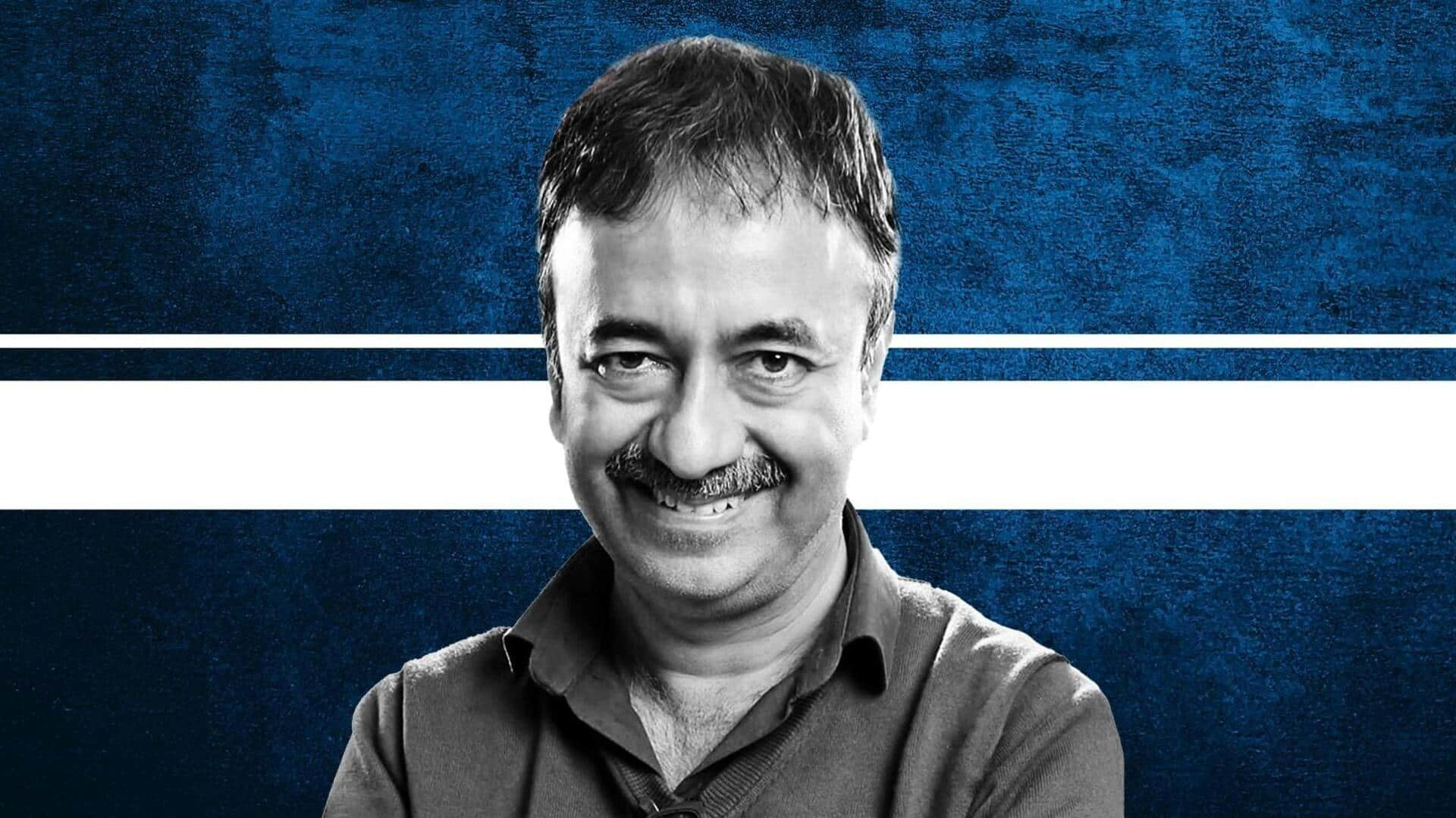
Rajkumar Hirani's birthday: How filmmaker became undisputed maestro of slice-of-life-drama
What's the story
Rajkumar Hirani, the maverick filmmaker known for his unique storytelling, celebrates his 61st birthday on Monday.
Hirani has masterfully crafted a universe of slice-of-life drama merged with comedic geniuses and profound social commentary, making him a standout filmmaker in Indian cinema.
As anticipation for the director's upcoming film, Dunki, reaches a fever pitch, let's revisit the cinematic brilliance displayed throughout his illustrious career.
#1
Comedic revolution unleashed by Hirani in 'Munna Bhai MBBS'
Hirani's journey as a cinematic wizard began with the iconic 2003 film Munna Bhai MBBS, starring Sanjay Dutt, Arshad Warsi, Gracy Singh, and Boman Irani.
This film not only tickled the audience's funny bone but also offered a poignant commentary on the medical system.
The character, Munna (Dutt), became a cultural phenomenon, blending humor with an underlying message about compassion in the medical profession.
#2
Transformative wit in '3 Idiots'
In 3 Idiots (2009), Hirani dissected the pressures of the education system with his signature humor.
Aamir Khan, R Madhavan, and Sharman Joshi brought to life the struggle with societal expectations and the pursuit of true passion.
It resonated globally, becoming one of the highest-grossing Bollywood films and solidifying Hirani's reputation as a director with a keen social eye and a flair for comedy.
#3
Questioning the unquestionable in 'PK'
Hirani continued to blend laughter with social commentary in the 2014 film PK.
It featured Khan as an alien exploring Earth's diverse cultures, questioning religious dogmas and superstitions.
The character's childlike curiosity highlights the contradictions and often irrational aspects of religious beliefs.
The film's success underscored Hirani's ability to weave together intricate narratives that entertain while prompting audiences to reflect on deeper societal issues.
#4
Hirani's cinematic ode to Gandhian values
Lage Raho Munna Bhai (2006) imparted valuable lessons on Gandhian principles.
It ingeniously brought Gandhigiri—a term coined by the makers—to the forefront of popular culture.
Munna's (Dutt) interactions with Mahatma Gandhi (Dilip Prabhavalkar) as hallucination became the narrative fulcrum through which profound messages about non-violence and truth were conveyed.
The use of humor effectively broke down complex philosophical ideas into digestible, entertaining moments.